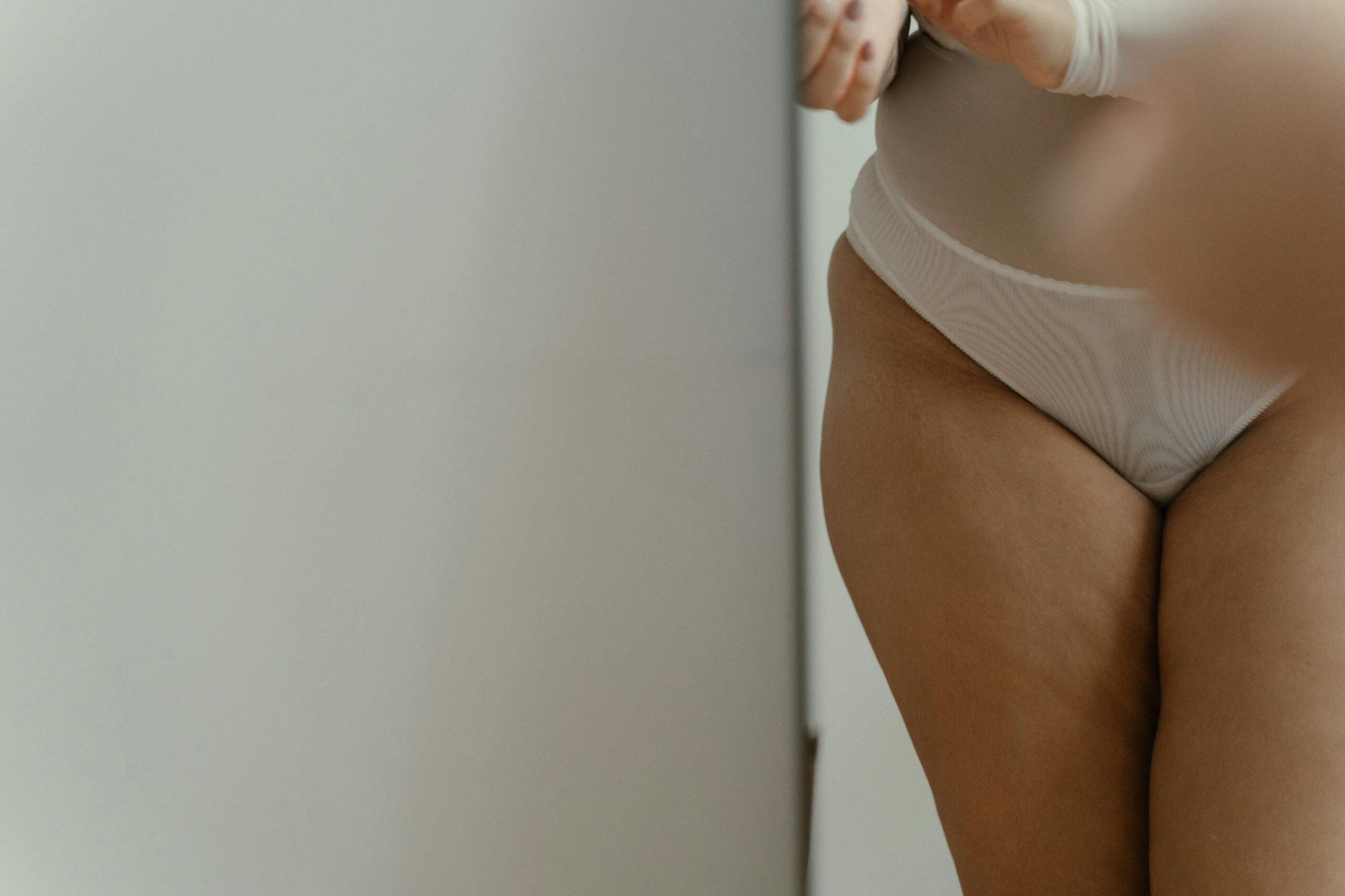
By Bron Stange
TW: Sexual Assault and Body Image.
At the end of 2012 when I completed my degree in Gender Studies, I remember being asked by several people, “What on earth are you going to do with a degree in feminism?”. At the time, the F word was still a very “niche” and “uncool” term to be associated with (no “Feminist” t-shirts at your local chain store yet) and I struggled with witty comebacks.
Fast forward six years and we are amidst a powerful, resurgent, intersectional feminist revolution. In particular, 2017’s #Metoo Movement showed us two things, that when combined, have the power to really wreak havoc on the patriarchy. Firstly, women speaking their personal truth and telling their story. Secondly, speaking these together, at the same time; boldly, relentlessly, publicly and while holding each other up.
One of the cleverest tricks patriarchy has used, is dividing us from each other, and then attributing shared experiences of oppression to personal fault. One woman can be called a liar, a slut, a tease, someone who “wore too short of a skirt” or a multitude of victim-blaming statements slung at sexual assault survivors. It’s monumentally harder to contend the same for every single one of the more than 1.7 million tweets, across 85 countries, that have display the #Metoo hashtag.
This kind of unity, and positioning of the personal as a shared political experience, is so much harder for society to ignore, belittle or sweep under the patriarchal carpet. The good news is social media has made the second part of this equation, speaking our truth together, easier than ever, opening up so much opportunity to collectively demand social change. Rather than #metoo going “too far”, I regret to inform patriarchal society that this is actually just the beginning.
I’m most interested in how speaking about our collective experience can transform a particularly damaging and oppressive industry: the beauty industry. This industry has survived, and made insane amounts of money, using one simple and effective recipe. Firstly, manufacture “flaws” and proliferate imagery of thin, able-bodied, airbrushed, white women that represent an absolutely tiny part of society.
Secondly, provide the solution to said “flaws” via magic potions, often made from harmful ingredients, and charge obscene amounts of money for them. Thirdly, magic potions don’t “work”. Fourthly, repeat steps two and three. Failing to appropriate these standards is then positioned as an inherent personal failure. Rather than seeing them for what they really are; racist, fat phobic, sexist, ableist and classist beauty myths designed to divorce us from our bodies and maintain the status quo.

Beauty standards have nothing to do with personal failure or “flaws” and everything to do with politics, collective oppression and societal ownership of our bodies. The beauty industry’s self-hatred business model has worked for so long because it so cleverly disguises this truth and instead leaves individual women feeling immense shame, isolation and failure, and therefore they remain silent.
In a post #MeToo world, where women are loudly demanding a world in which our bodies are treated with dignity and respect, the beauty industry can no longer be assured of our silence. What if we decide to collectively call bullshit on the first step of it’s formula: that we are “flawed”, need to be fixed, altered, changed, transformed, improved or updated? What if we stand up loudly and challenge the idea that we are anything but one hundred percent worthy of love, acceptance, joy, happiness, respect, inclusion and feeling enough? If we collectively truly stop believing in these myths, the beauty machine would cease to function.
We have the power to change the beauty landscape and re-write the rules by choosing products that challenge these norms and instead encourage us to cultivate self-love, self-care, body positivity and to feel at home in our bodies. Let’s demand a world where no woman is harmed simply to fuel corporations who peddle self-hatred for profit. Let’s demand that truly intersectional diversity and representation are business as usual. We deserve better and now is the time to demand it together.


Bron Stange is the founder of Bopo Women, a natural body-positive, feminist skincare brand taking on the beauty industry with products that encourage self-care, self-love and feeling good in your skin. Join the movement at @bopowomen or www.bopowomen.com.

















5 thoughts on “Why The Beauty Industry Won’t Survive In Its Current Form In A Post #MeToo World”